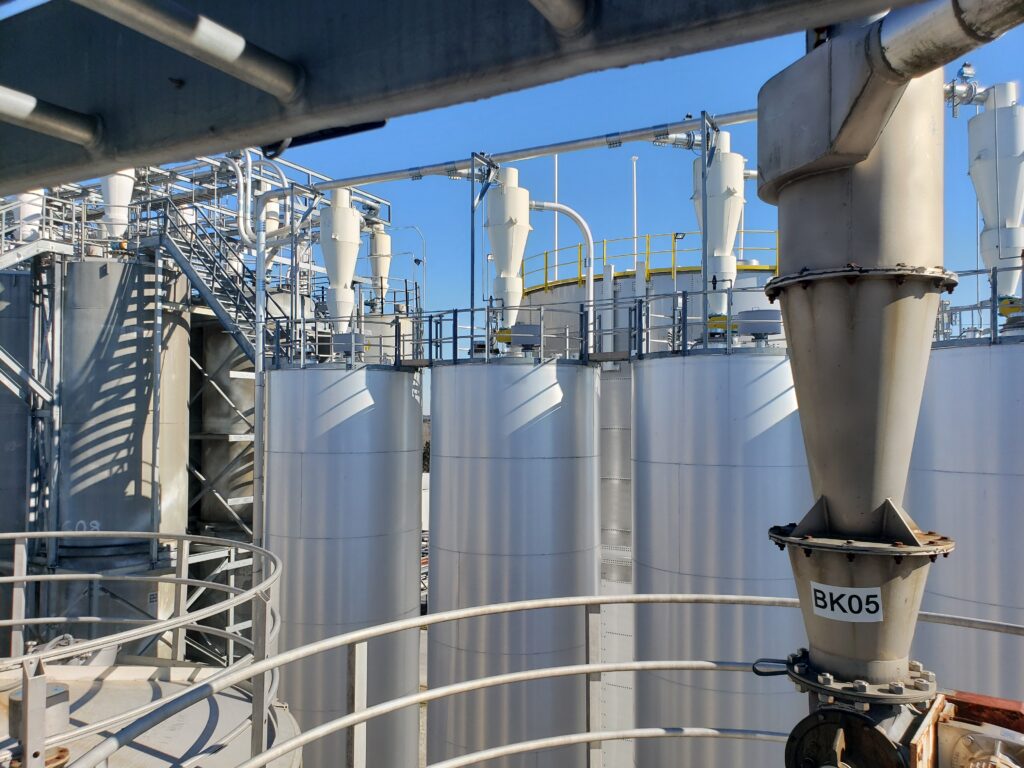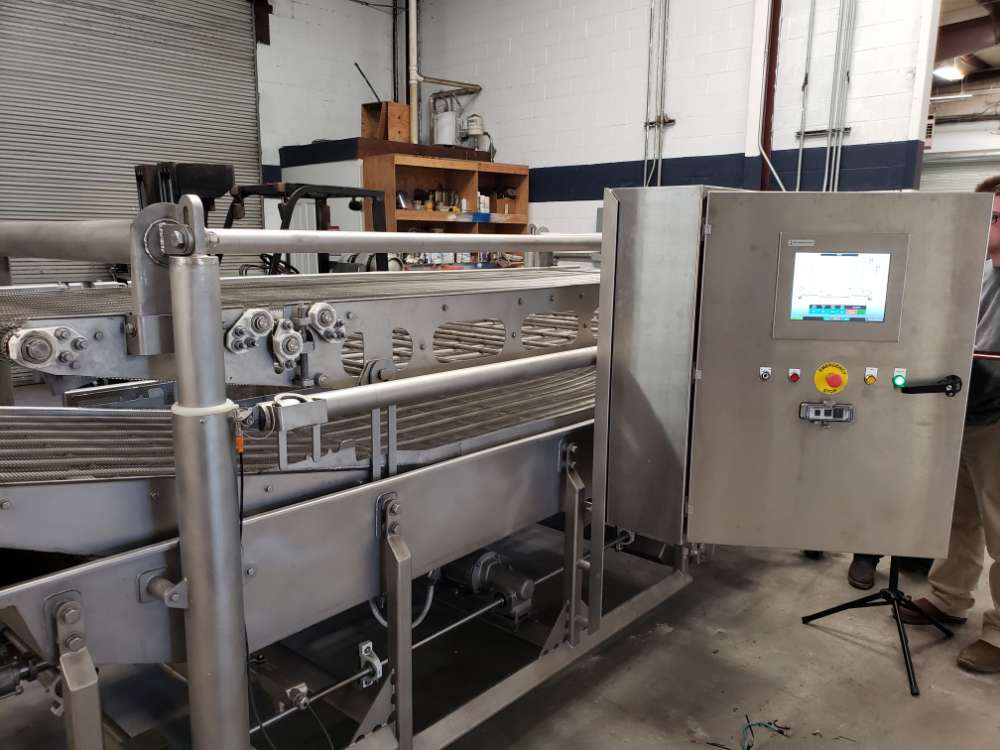
Today, businesses of all sizes are seeing the tangible benefits of process control systems. These systems are not just luxury add-ons but vital elements in any growing business landscape. They enhance efficiency, streamline operations, and drive profitability.
Process control systems, including those based on SCADA (Supervisory Control and Data Acquisition) technology, allow organizations to manage their production plants and warehouses.
These systems encompass an array of methods and tools that monitor and regulate business processes. Paired with instrumentation, these systems play a vital role in ensuring your operations run seamlessly and optimally.
In process control systems, it’s essential to understand the anatomy of their working dynamics. Every part of the system serves a particular purpose, and they all interact to make the system work efficiently.
The ability to monitor the process conditions is at the cornerstone of any process control system. Devices like temperature sensors play a significant role by providing critical information that feeds into the control system.
Inputs and outputs are also critical in regulating operations in process control systems. For instance, the input could be the current temperature, and the output could involve a control action that would maintain the temperature within a specific range.
Final control elements are the tools that ensure the exact adjustment of the processes based on the received input data. These tools are vital in analyzing the data based on set parameters, making necessary changes, and driving the process forward.
Lastly, with the ongoing advancements in digital technologies, computer systems have become an integral part of modern process control, enhancing data processing and facilitating automation. These systems provide greater process stability and control and help identify any unpredictable or unfavorable behaviors in the process, thus enabling quick corrective actions.
Process controls are vital for any industry that relies on continuous processes, such as manufacturing, chemical processing, and more. These process controls typically involve a series of instrumentation and control systems that work together to ensure the quality and consistency of the output. By monitoring various flow rates and adjusting each of these systems in real-time, engineers can ensure that the output meets the required specifications.
Of course, understanding basic process control is vital to working with these systems effectively. It’s the core of controlling, monitoring, and optimizing processes – a holistic method that increases efficiency and reliability across the board.
By focusing on these core principles, engineers can design and implement process controls that meet the specific needs of their industry, resulting in improved efficiency, increased productivity, and better overall quality control.

The concept of ‘set point’ is integral to the success of any process control system. It represents the ideal or target conditions that the system strives to maintain. It’s the North Star that guides the entire process, and achieving it dictates whether the system is functioning effectively or not.
To achieve the desired set points, the control valves are of utmost importance. They are responsible for adjusting the flow of materials, the temperature, and the pressure within the system.
Whether it’s an oil refinery, water treatment plant, or HVAC system, the control valves play a significant role in ensuring that the set points are maintained and the process continues to function efficiently.
Distributed Control Systems (DCS) are a class of automated systems that connect and control various plant systems and machinery. They offer central control and a high degree of redundancy, making them a popular choice for complex industrial processes.
On the other hand, Programmable Logic Controllers (PLC) are robust, flexible control solutions for a variety of applications. They are designed to take automated decisions based on the inputs from the sensors and the programmed logic. With PLCs, industrial control systems become more reliable, flexible, and efficient.
Choosing the right process control system is crucial to the efficient functioning of your business operations. One of the factors to consider in this selection is the type of controllers used in the system. Proportional controllers, for instance, adjust in a manner directly proportional to the deviation from the set point. They are used for their simplicity and stability, but your specific application may call for different types of controllers.
When selecting a system, it’s crucial to consider scalability. As your business grows, your process control system should be capable of expanding and adapting to new operational demands. The system you select should be future-proof and able to handle more processes, devices, and data as needed.
The world of process control systems is constantly evolving, driven by technological advancements and changing business needs. We can expect to see more integration of artificial intelligence and machine learning in process control systems. This could allow for more advanced predictive analytics, more autonomous operations, and a higher level of precision in control.
Such advancements will be crucial for growing businesses. They could increase efficiency, reduce costs, and allow for more flexibility and scalability. By staying up-to-date with these advancements, your business can adapt and thrive in an ever-changing business environment.
Embracing the future of process control systems could be the key to unlocking new levels of growth and success for your business. It’s a journey worth embarking on, full of exciting opportunities and immense potential.